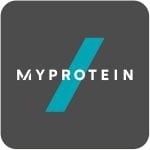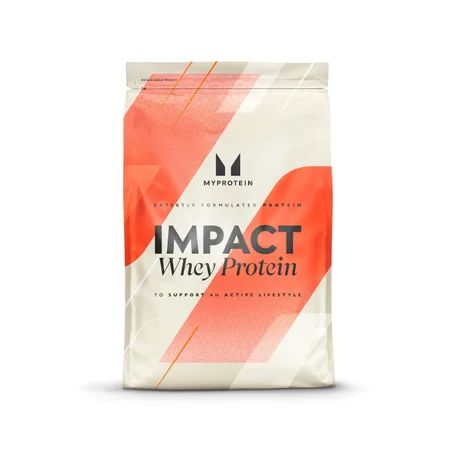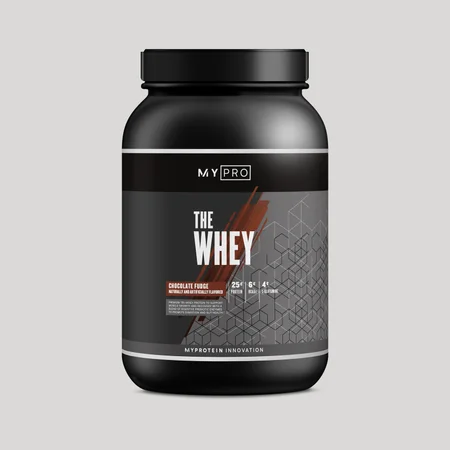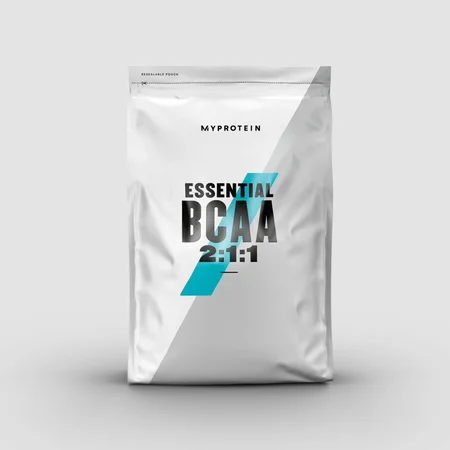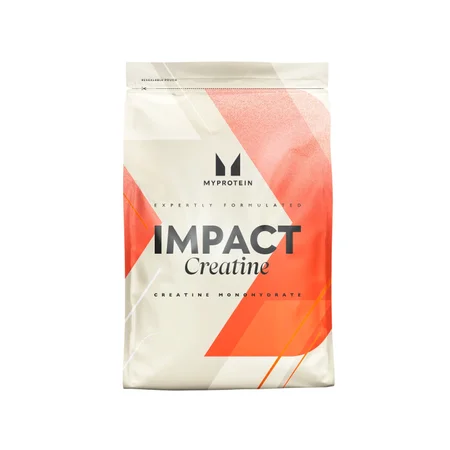The 6 Best Non-Dairy Milk Alternatives & Their Benefits

Finding a good dairy-free milk alternative may have been difficult in the past, but for those who cannot or choose not to drink regular dairy milk, there are a number of dairy-free alternatives on the market today. Here are the six most common milk alternatives, and the pros and cons of each to help decide which one is the best choice for you.
Nut Milks
From almond and hazelnut, to cashew and walnut, there is a dairy-free milk made from just about any nut you can think of. Generally, these types of beverages are made by grinding the nuts into a pulp that is mixed with water, straining off the solids, and using the liquid that is leftover.

Pros: Nut milks are generally lower in calories than dairy milk, and are often fortified with calcium and vitamin D that is normally found in cow’s milk.
Cons: Not suitable for those with nut allergies, and contain only small amounts of protein. Some varieties often contain added thickeners such as carrageenan or guar gums, which can be hard to digest for certain individuals. Flavored varieties can also be high in added sugars, so it is best to look for unsweetened options to lower your added sugar intake.
Soy Milk
Soy milk is most commonly made by soaking, crushing, cooking, and straining soybeans, leaving a high protein liquid behind.
Pros: Soy milk is high in protein, containing just as much as dairy milk. It is also full of iron, magnesium, and phytochemicals, and are often fortified with calcium and vitamin D.
Cons: Not suitable for those with soy allergies, and often contain added thickeners such as those found in nut milks. It is best to buy unsweetened and organic varieties of soy milk to avoid the use of GMO soybeans and added sweeteners.
Rice Milk
Most commonly used by processing brown rice, dairy-free rice milk is an allergen-friendly choice for those of almost any dietary preference.
Pros: Free of most common food allergens, and suitable for those who follow a vegan, gluten-free, nut-free, and/or soy-free diet. Often fortified with calcium and vitamin D.
Cons: Higher in carbohydrates and low in protein. Generally thinner than most commercial milk alternatives, and high in sugar if sweetened.
Oat Milk
Another good alternative for those with dairy, nut or soy allergies is oat milk. Made by soaking, rinsing, and grinding raw oats together with water, and straining to leave behind a creamy milk alternative.

Pros: Suitable for vegans, and is higher in fiber and antioxidants than dairy milk. Often fortified with calcium and vitamin D. Easy and inexpensive to make at home.
Cons: Not suitable for those following a gluten-free diet, unless certified gluten-free oats are used. Higher in calories and carbohydrates and lower in protein than dairy and other milk alternatives.
Hemp Milk
Hemp milk is made from the seeds of the hemp plant that are specifically suited for food production and consumption. High in protein and healthy fats makes it a great choice for vegans and vegetarians.

Pros: Plant-based source of a complete protein, and also contains omega-3 fats, antioxidants, and fiber. Hemp milk is often fortified with calcium and vitamin D, and is easily digested by most individuals.
Cons: Expensive and more difficult to find in grocery stores than other milk alternatives. Can contain added sweeteners and thickeners as well.
Coconut Milk
Last but certainly not least is coconut milk. This thick and creamy beverage is made from grated and squeezed coconut meat, and is a common ingredient in a multitude of exotic dishes.

Pros: Lactose-free, and a good source of fiber, antioxidants, iron, and magnesium. A much thicker and creamier texture than most milk alternatives.
Cons: High in calories and fat. It is mostly used in cooking or as a flavor enhancer, rather than as a beverage. Look for a “coconut milk beverage” for a lower calorie and fat option that can be used in a similar fashion as other milk alternatives.
Key Milk Alternative Aspects
While there are many considerations when it comes to choosing a dairy-free milk alternative, there are a few key aspects that you should look for in any option.

No added sweeteners. Look for unsweetened varieties to avoid unwanted calories and sugar. Add your own sweetener such as honey or maple syrup if desired in order to control the sweetness to your liking, and also how much sugar you are consuming. Added calcium and vitamin D. Select an option that is fortified with calcium and vitamin D to get the same bone-building health benefits as traditional dairy milk. If vegan or vegetarian, it is also good to look for added vitamin B12, an essential nutrient that is only found in animal products. Consider allergens. Find an option that is free of all allergens that may be present in your household. Read ingredient labels to be sure no potential allergens are included.
